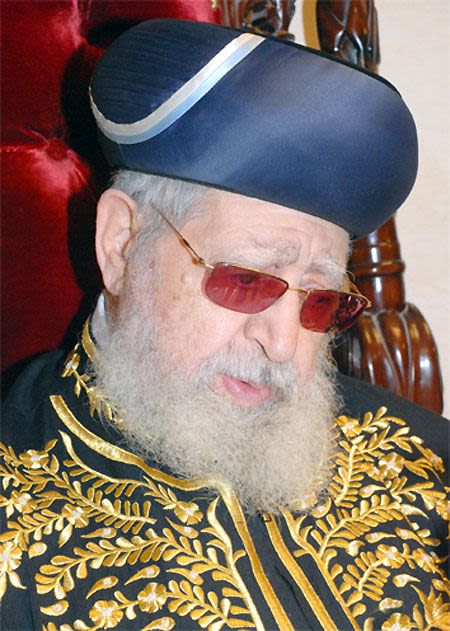
Count Olivier’s Dog
An old French-Jewish story about King Charles and the assassination of his closest minister. The assassin would never have been...

Jewish folklore tells a story about King Charles VII of France. The king had two close ministers, Count Olivier and the Duke of Tremoille. The cunning and corrupt duke was insanely jealous of Count Olivier, and plotted to kill him.
One day, Count Olivier went for a walk in the woods with his trusty hound Denise. The Duke of Tremoille, mounted on a swift steed, staged a perfect ambush; without dismounting, he rode straight toward the startled Olivier and slew him with one fell swoop of his deadly sword.
Denise, forever loyal to his master, remained by his lifeless side day and night. After three days, the hound could no longer bear the hunger. He returned to Paris, to Count Olivier’s old neighborhood, and scavenged food and drink. When satiated, he returned to the forest to his master’s side. This pattern recurred several times, until a neighbor – Captain DuMont, one of the King’s officers and a friend of Olivier – sensed something unusual. DuMont followed the dog back to the forest, and found the decaying corpse of Count Olivier.
Count Olivier received a state funeral. King Charles, the palace honor guard, the ministers, and all of Paris high society came to pay their respects. In the middle of the procession, a wolf-like growl alarmed nearly everyone, followed by a blood-curdling snarl; Denise, walking next to Captain DuMont, spotted the Duke of Tremoille and pounced on him, sinking its jaws into the Duke’s ankle.
The Duke yelled and screamed. A host of people pounced on Denise, swatting the poor hound with their silver-tipped canes or with whatever came to hand. Ultimately, the dog let go and was seized by DuMont, who petted the hound and calmed it down.
King Charles, an astute judge of character, witnessed the whole spectacle. “Isn’t that Olivier’s hound?” asked the monarch. Captain DuMont replied in the affirmative. The King made a quick mental calculation and turned to the smarting Tremoille. “Duke, do you have something you’d like to confess? Possibly an evil deed such as a murder?”
“I-I don’t know what you’re talking about, Your Majesty,” lied the terrified Duke.
“My impression, as well as the hound’s, is that you are hiding something from me. So, I will place your word against that of the hound. Your soul shall be tried by the hound’s soul. I shall give you ten days to heal, and then, you shall appear in the royal arena for a fight to the death with the hound!
10 days later
The Duke of Tremoille was dressed in armor from head to toe. With sword and bullwhip in hand, he expected to dispose of the hound in a matter of seconds.
The perplexed Denise encircled the armor-clad duke, in search of a tiny area of vulnerability.
A tiny chink between the duke’s helmet and his suit – designed to enable neck mobility – revealed itself to Denise. Like a shooting star, he pounced on the duke, knocking him to the ground, and sinking his incisors deep in the jugular of his master’s murderer, measure for measure, until the duke gasped for the very last time. The King’s justice had been done that unforgettable day.
The above tale is symbolic of a Talmudic passage (see tractate Sota 3b), which teaches that a transgression in this world is forever bound to a person’s soul just like an avenging dog. Just as Denise the hound frenzily pursued Tremoille, a transgression produces an accusing angel that demands punishment.
The corrupt Tremoille failed to rid himself from the dog. But, we can rid ourselves of those nasty accusing angels that call for severe judgments against us. How? The process is simple; it’s called Teshuva, and requires 4 main steps to neutralize a wrongdoing and to destroy the accusing angel that was created by the wrongdoing, as follows:
1. Vidui – we confess our sin to Hashem;
2. Charata – we express our remorse about what we did, and beg Hashem’s forgiveness;
3. Azivas ha’chet – we promise to do our best to avoid repeating the old wrongdoing;
4. Kabala l’atid – we decide to strengthen our observance of Hashem’s commandments, especially in the area where we went astray.
In recent weeks, our beloved teacher and spiritual guide Rabbi Shalom Arush shlit’a has been crying out to the world day and night, urging us to set aside the follies of the appetite-oriented fantasy world and to call out to Hashem in extensive personal prayer. Only prayer and teshuva can rescue us from the dire threat that resembles a sharp sword resting on the neck of the Jewish people.
Our urgent task before the impending Geula and coming of Mashiach is to devote as much time and effort as possible to soul-searching. Teshuva destroys accusing angels, and invokes Divine compassion so that we all shall merit to see with our own eyes the full redemption of our people, the coming of Mashiach, the rebuilding of our Holy Temple, and the revival of the dead, especially the millions of martyrs that sacrificed their lives in the sanctification of Hashem’s name, amen.











Tell us what you think!
Thank you for your comment!
It will be published after approval by the Editor.